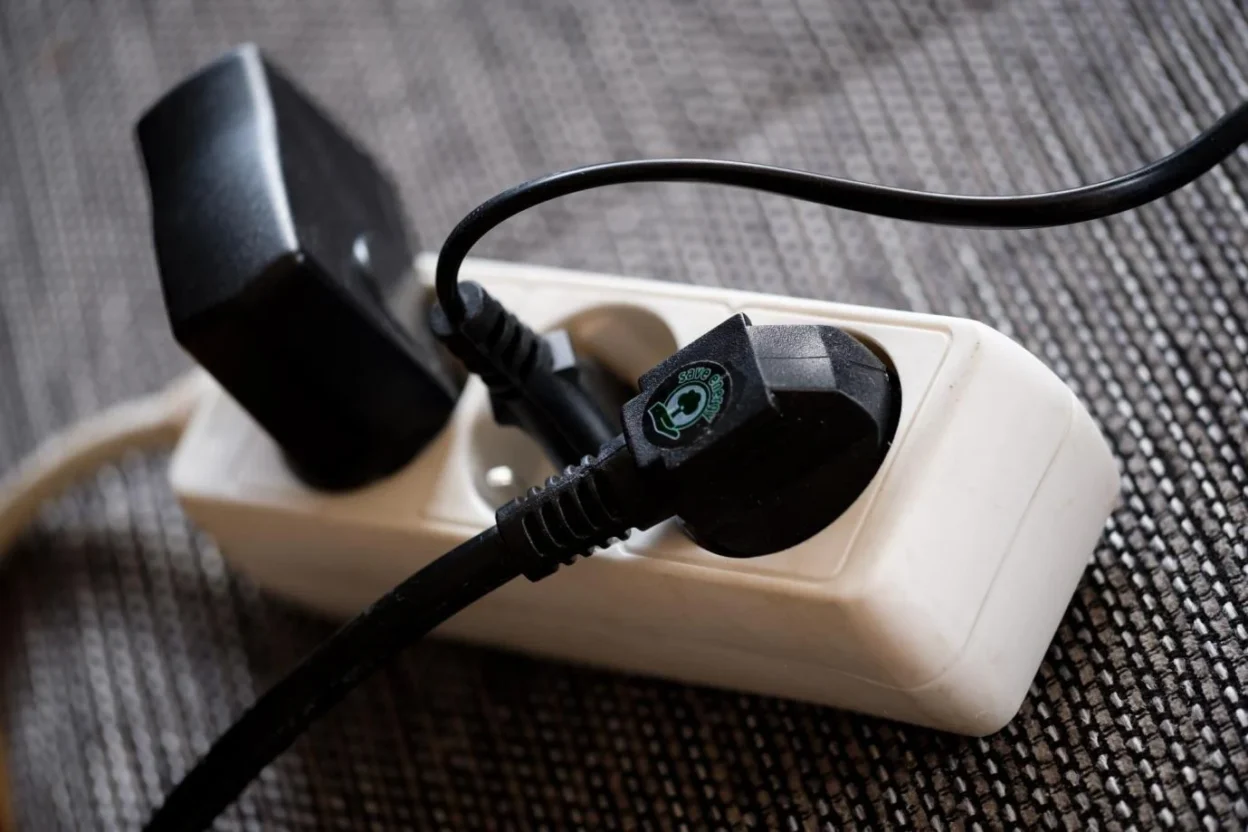Picking the right electrical connector can keep your power supply safe and reliable. In industrial, commercial, and home settings, the right connector helps your equipment work properly.
There are many types to choose from, which can make it hard to decide. By looking at the most important factors, you can choose a connector that keeps your installation safe and running well.
1. Understand Your Application Needs
The first step in choosing an electrical connector is knowing how you will use it. Are you connecting power cables, data cables, or both? Do you need connectors that can handle tough conditions?
Think about whether your setup will stay in one place or move around. This matters because moving setups may need stronger connectors. For example, industrial connectors must handle more stress and harsh environments than connectors used at home.
2. Assess Environmental Conditions
Electrical connectors are exposed to varying factors such as temperature, humidity, dust, vibration, and chemical exposure. Selecting a connector without considering these conditions can lead to the following:
- equipment failure
- short circuits
- or safety hazards
For instance, connectors in outdoor or industrial settings must resist moisture, corrosion, and extreme temperatures. Those used indoors may focus more on ease of installation and compact design.
Understanding the environment helps in choosing materials, sealing methods, and protective features that ensure reliable performance. Proper assessment safeguards both equipment and personnel, maintaining efficiency and reducing the risk of electrical accidents.
3. Consider Load Requirements
Electrical connectors need to handle the voltage and current of the devices they connect. If a connector cannot carry enough power, it can overheat, lose power, or even cause fires. It is important to check the maximum current and voltage ratings and consider any power spikes.
Also, the type of load matters-whether it is constant or comes in bursts. Picking a connector that matches the load keeps electricity steady, helps equipment last longer, and keeps it safe. Choosing the right connector prevents damage and ensures reliable power.
4. Evaluate Connector Types
Electrical connectors come in different types, like screw terminals, plug-and-socket, crimp, and quick-connect. Each type has its own advantages. The best connector depends on how you will use it, where it will be installed, and how reliable it needs to be.
For example, quick-connect connectors are easy to assemble and maintain, while screw terminals make strong, lasting connections. Some connectors are better for high current, and others are better when space is limited.
You should also think about insulation, durability, and if it works with your existing wiring. Choosing the right type keeps connections safe and reliable.
5. Check Compatibility
Connectors must match the electrical system’s voltage, current, wire size, and type to work safely. Using the wrong connector can cause loose connections, overheating, or short circuits, which are dangerous. Compatibility also means the connector fits properly with terminals or devices and uses materials that resist corrosion and wear.
Connectors should follow standards and work with your equipment for easier maintenance and upgrades. Checking compatibility carefully helps power flow efficiently, lowers the risk of electrical problems, and keeps the system safe and long-lasting.
6. Know the Materials Used
The materials used in connectors affect how well they work, how long they last, and how safe they are. Conductors are usually made of copper or aluminum for good electricity flow. The housing may be plastic, rubber, or metal to protect and insulate.
In tough conditions, corrosion-resistant metals or strong plastics help connectors last longer and stay reliable. Knowing the materials helps ensure the connector can handle heat, moisture, chemicals, and stress. Choosing the right materials improves efficiency, reduces safety risks, and makes both connectors and equipment last longer. With improved power cables, businesses can stay productive, cut downtime, and create a safer, more efficient workplace.
7. Prioritize Safety Features
Electrical connectors play a critical role in preventing accidents, so selecting connectors with built-in protective elements is crucial. Features such as insulation, surge protection, grounding, locking mechanisms, and heat-resistant materials help reduce the risk of the following:
- electric shock
- short circuits
- and fires
Connectors with clear polarity markings and secure latches help prevent wrong connections that could harm equipment or people. Choosing connectors that meet safety standards also ensures they follow rules and best practices. Focusing on these safety features protects users and devices while keeping electrical systems reliable and working well.
8. Consider Future Maintenance
Connectors that are difficult to access, install, or replace can increase maintenance time and costs over the life of an electrical system. Choosing connectors designed for easy assembly, disassembly, and inspection simplifies routine checks and repairs. Features such as modular designs, clear labeling, and standardized sizes can reduce the risk of mistakes during maintenance.
Additionally, selecting durable materials and connectors with protective features minimizes the frequency of replacements. Considering maintenance from the start ensures the following:
- long-term reliability
- safety
- and efficiency
Planning for future upkeep not only saves time and resources but also helps prevent unexpected downtime and potential hazards in the electrical system.
9. Evaluate Costs Versus Value
While it may be tempting to select the least expensive option, low-cost connectors often compromise durability, performance, and safety. Investing in higher-quality connectors can provide long-term benefits, including reliable electrical connections, reduced maintenance, and lower risk of equipment failure or accidents. When evaluating cost, consider factors such as the following:
- material quality
- current and voltage capacity
- environmental resistance
- and compliance with safety standards
Comparing these features against the price helps determine true value rather than just upfront cost. By focusing on value, you ensure that your electrical system remains safe, efficient, and cost-effective over its operational lifetime.
Choose the Right Power Safety Electrical Connector for Reliable Connections
Picking the right electrical connector is important for safe and reliable connections. This applies to industrial, commercial, and home use. Think about what you need, the environment, and the load it will carry.
Doing this helps keep things safe and working well. Choosing the right connector now can prevent problems later. Spend time researching and getting the connector that fits your needs.
Looking for more tips and advice? You’re in the right place! Make sure to bookmark our page and come back to check out more interesting articles.

Lexy Summer is a talented writer with a deep passion for the art of language and storytelling. With a background in editing and content creation, Lexy has honed her skills in crafting clear, engaging, and grammatically flawless writing.



